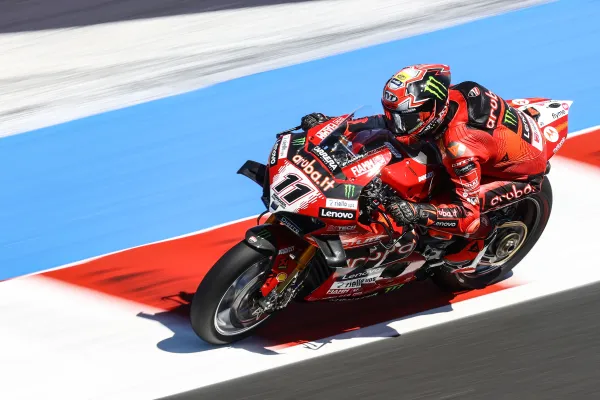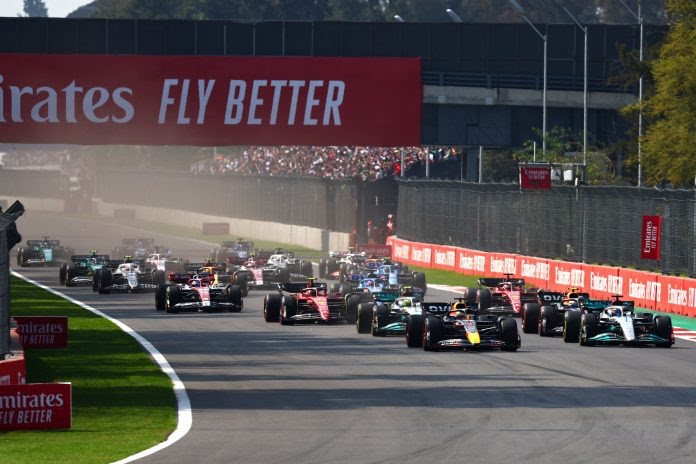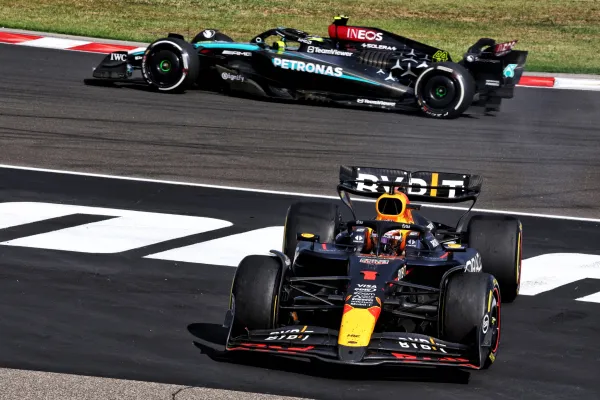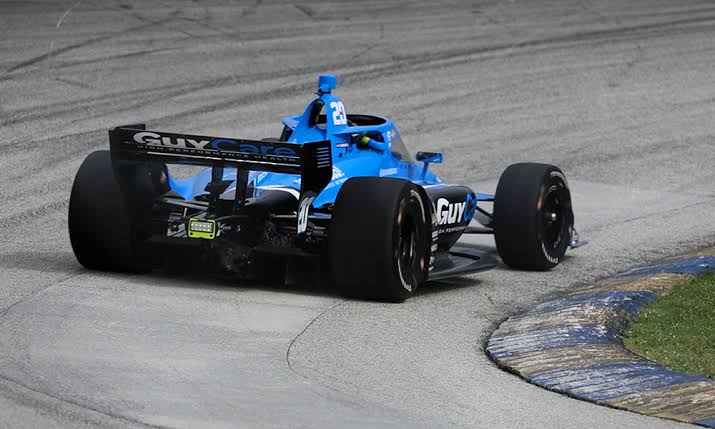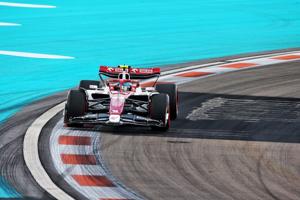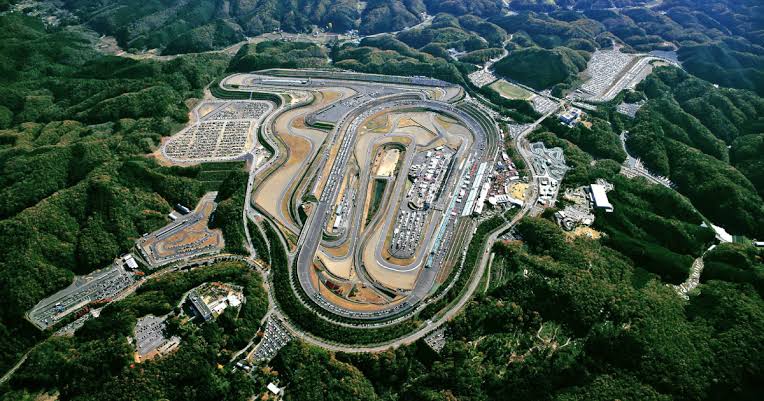How Much Money Did Jorge Martin Win At MotoGP Japanese GP 2023
In the high-octane world of MotoGP, where riders push the limits of speed and precision, there’s more at stake than just the thrill of victory. Behind the scenes, negotiations, contracts, and financial incentives add a fascinating layer to the sport. A rider’s earnings aren’t just about their base salary; there are race bonuses that can turn a good payday into a spectacular one.
Let’s delve into the financial aspect of Jorge Martin’s victory at the 2023 MotoGP Japanese Grand Prix and see just how much money he pocketed on that rainy day at Suzuka.
The Basics: Understanding a Rider’s Income
Before we dissect Jorge Martin’s earnings at the Japanese GP, it’s essential to grasp the fundamentals of how a MotoGP rider’s income is structured. At the heart of it lies the base salary, a fixed amount that a rider receives for their services throughout the season. This base salary varies widely among riders and teams and is usually negotiated before the start of the season.
Race Bonuses: The Cherry on Top
However, what truly sets riders’ earnings apart in MotoGP is the race bonuses. These are performance-based incentives that reward riders for their success on the track. The catch here is that the size of these bonuses can be influenced by various factors, including a rider’s base salary, team budgets, and the terms negotiated in their contracts.
Jorge Martin’s Triumph at Motegi
Now, let’s zoom in on Jorge Martin’s remarkable victory at the Japanese Grand Prix in 2023. The Motegi Circuit, known for its unpredictable weather, delivered a wet and challenging race day. For Martin, it was a day of triumph, not just in terms of sporting achievement but also in the context of his earnings.
Race Win Bonus for Jorge Martin
Jorge Martin’s base salary for the 2023 season is estimated to be in the range of €500,000 to €1 million ($525,000 to $1.05 million USD), depending on the specifics of his contract with Pramac Ducati. This base salary is the guaranteed portion of his income, ensuring financial stability throughout the season, regardless of race outcomes. However, the sweetest part of a rider’s earnings comes from winning races, and Jorge Martin’s victory at Suzuka was no exception. For a rider like Martin, who might be on the lower end of the base salary spectrum compared to some of the highest earners in MotoGP, race bonuses can be a significant source of income.
The Big Reveal: Jorge Martin’s Race Bonus
In the case of his victory at the Japanese GP, Jorge Martin likely earned a substantial race bonus, a reward for his exceptional performance under challenging conditions. These bonuses can vary dramatically depending on a rider’s base salary and the terms of their contract. A rider with a lower base salary, like Jorge Martin, might expect a more generous race win bonus as a proportion of their overall earnings. For instance, race bonuses can range from €250,000 ($263,000 USD) or even more for a race win. This substantial windfall can significantly boost a rider’s total income, providing both financial rewards and a psychological boost for future races.
Comparative Perspective: Base Salary vs. Race Bonus
To put Jorge Martin’s potential race bonus into perspective, let’s consider a hypothetical scenario. If his base salary for the 2023 season falls within the lower range of €500,000 ($525,000 USD), a race win bonus of €250,000 would effectively double his earnings for that specific race. Conversely, riders with larger base salaries might receive comparatively modest race bonuses. These riders often earn substantially more from their guaranteed income, making race bonuses a less critical component of their overall earnings.
For instance, a rider with a base salary of €2 million ($2.1 million USD) might receive a race bonus of around €10,000 ($10,500 USD) for a victory, which would be a smaller proportion of their total earnings.
Team Budgets and Financial Dynamics
Team budgets also play a pivotal role in determining the size of race bonuses. Teams with more significant financial resources can offer higher base salaries to riders but might allocate smaller race bonuses. On the other hand, teams with tighter budgets might leverage generous bonuses to attract and motivate riders, hoping for those occasional headline-grabbing victories that can boost their visibility and revenue.
Conclusion: Jorge Martin’s Rainy Day WindfallIn conclusion, while the exact figures of Jorge Martin’s earnings at the 2023 MotoGP Japanese Grand Prix remain confidential due to the private nature of rider contracts, one thing is clear: his victory at Suzuka was not just a triumph on the track but also a substantial financial win. Race bonuses, like the one Jorge Martin likely earned, serve as powerful incentives for riders to perform at their best.
These bonuses can turn a good season into a great one and, for riders with lower base salaries, represent a significant portion of their overall income.
As the MotoGP season unfolds, fans worldwide will continue to watch with bated breath, not only to see who crosses the finish line first but also to catch a glimpse of the financial rewards that accompany those exhilarating victories. For riders like Jorge Martin, who excel in the face of adversity, these race bonuses are not just about money; they are a testament to their skill, determination, and the sweet taste of success in the world’s premier motorcycle racing championship.



